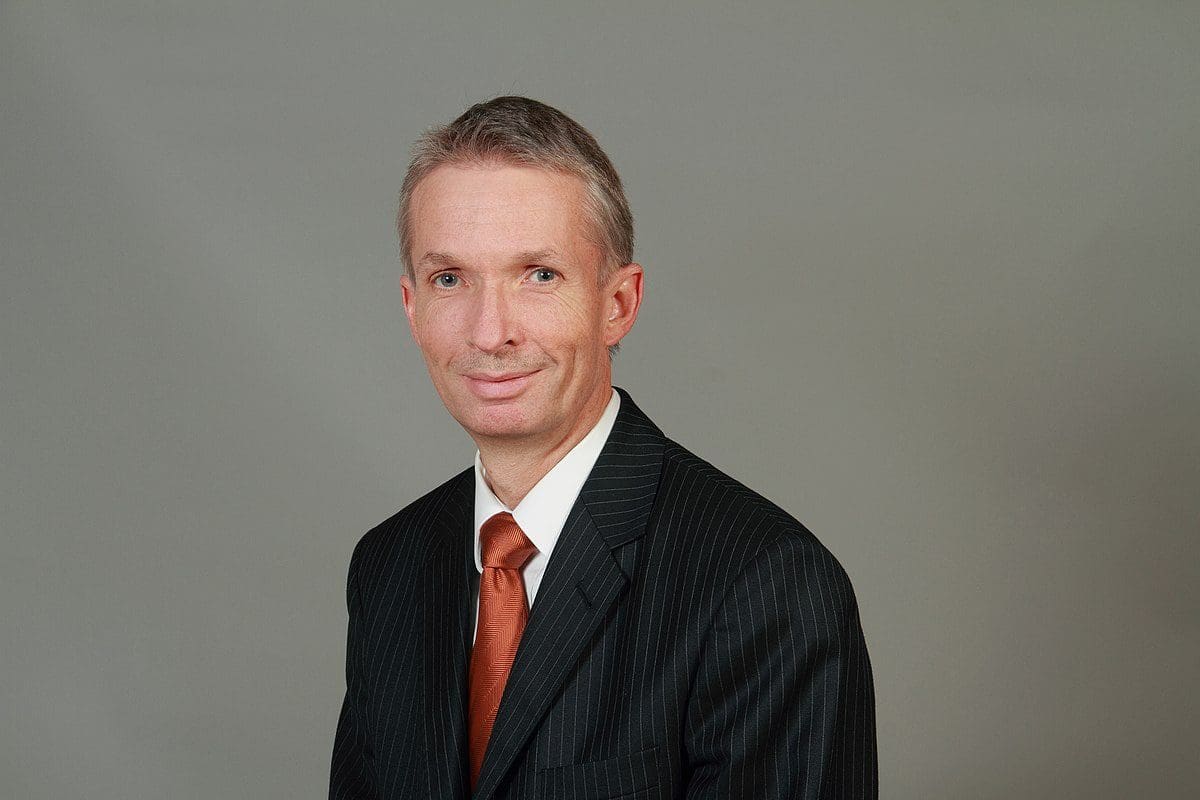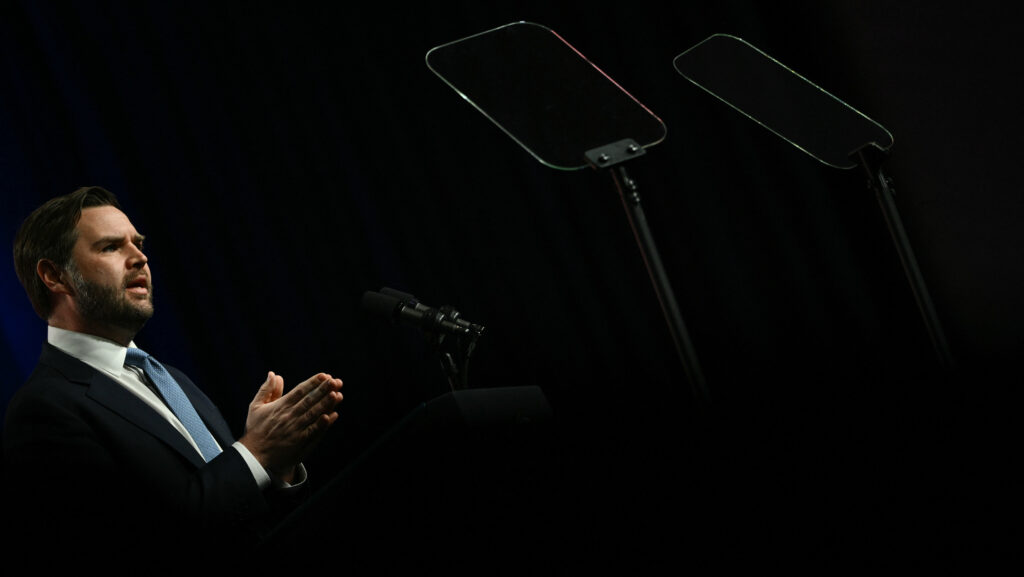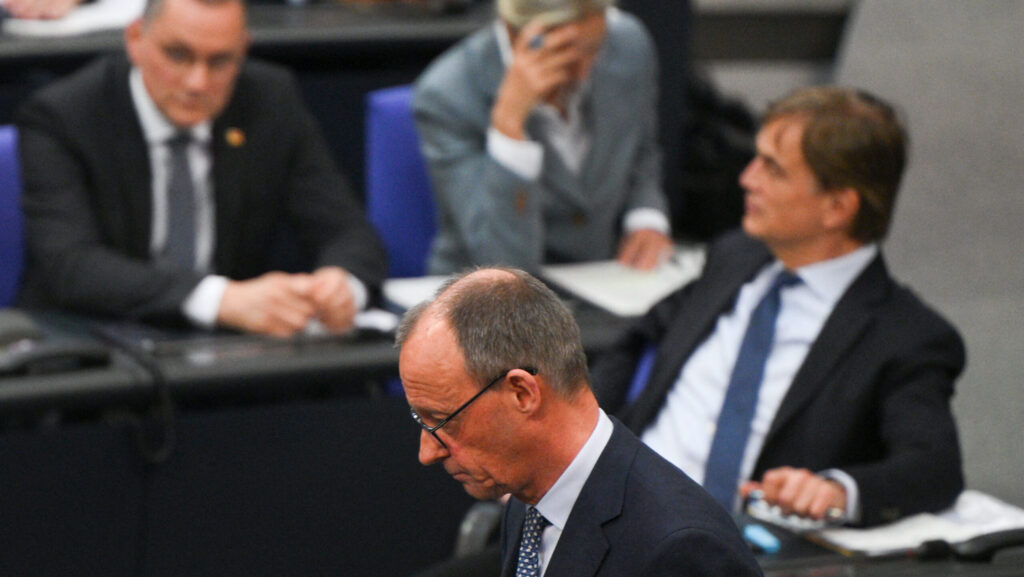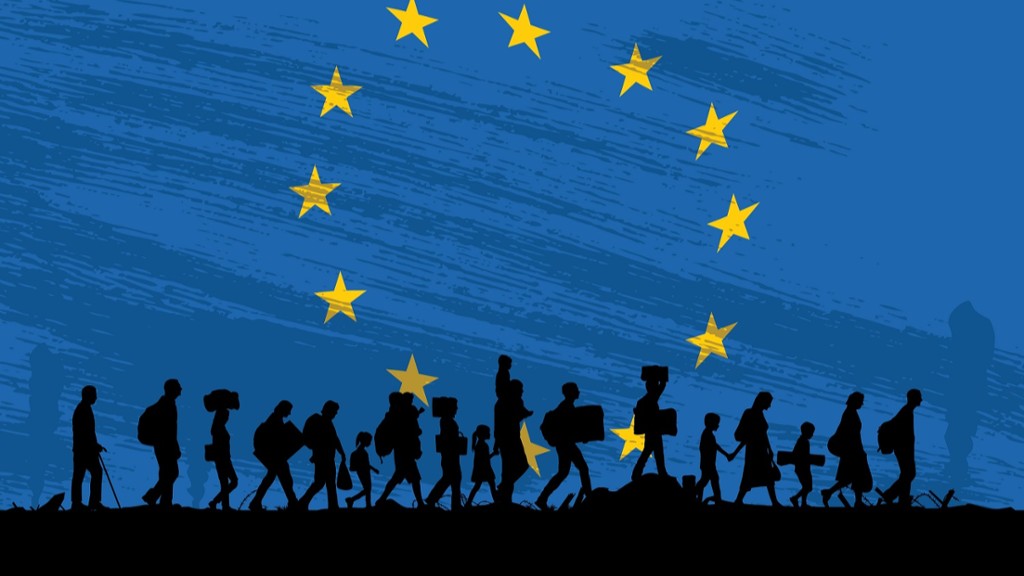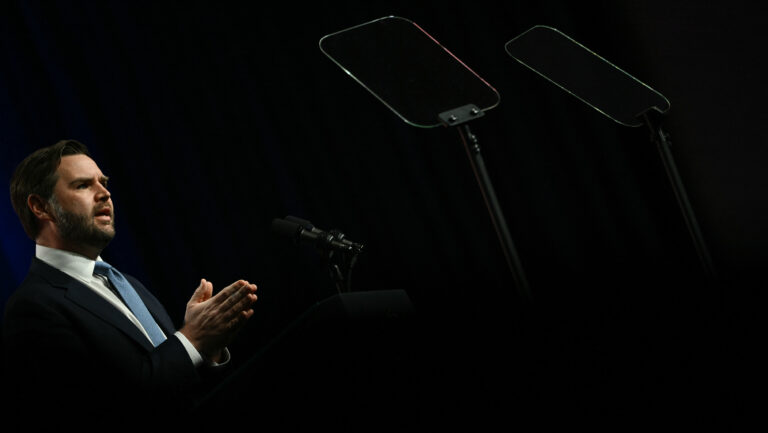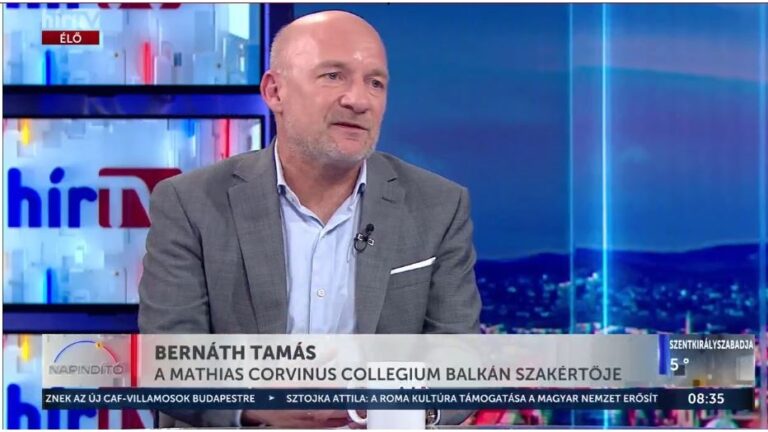Interview with German politician Gerhard Papke following the German elections
‘I do not think Germany can play a real leading role in the EU in the near future,’ – says Gerhard Papke following the German federal elections. According to the German political scientist and former leading politician of the centrist-liberal Free Democratic Party (FDP), the success of the Social Democrats was not really based on their left-wing programme. Rather, the key to victory lay in the person of Olaf Scholz. The Christian Democratic Union of Germany (CDU), on the other hand, made a serious mistake by departing from its traditional conservative political path.
Mr Papke, how do you assess the election results? In your opinion, which parties and political movements are the biggest losers and the biggest winners?
The biggest winner is certainly the Social Democratic Party of Germany (SPD), which would hardly have believed a few months ago that it could win the chancellorship. The SPD has actually been a party in decline for years. But now it has benefited—above all—from the crisis of the CDU/CSU. For the CDU, the election is a disaster, a defeat that was foreseeable. The Greens have made gains, but have not been able to maintain their earlier poll ratings. Nevertheless, they will, together with the SPD and FDP, shift German politics further to the left. This is not good news for Germany. But it is also not good news for Europe.
In Germany, the media and the people are now talking mainly about the defeat of the CDU and analysing the causes. How do you see the defeat of the CDU, is it a personal failure of Armin Laschet and Markus Söder in Bavaria? Or, is it rather the negative legacy of Angela Merkel?
Angela Merkel has turned the powerful conservative people’s party CDU into a party of arbitrariness. The CDU has adopted so many demands from the SPD and the Greens that it is no longer attractive to many former core voters. This has been apparent for a long time, but was covered up by Merkel’s authority. Armin Laschet believed that a CDU with a left-wing profile would simply get him into the chancellorship. That was a grave misjudgement. And he persistently ignored the fact that Germans personally did not want him as chancellor. That could not work. The defeat of the CDU was, therefore, no surprise.
How do you see the impact of Angela Merkel’s departure and the CDU’s possible defeat on the future of the European Union if the coalition negotiations for the Christian Democratic Party fail?
It is absolutely clear after the election that the CDU has no realistic chance of being in government. Even in coalition with the SPD, it would no longer provide the chancellor. The new government will not be strong but rather weak, it will not have a majority in the Bundesrat, the second chamber. That is why I do not think Germany can play a real leading role in the EU in the near future. The new government will first have to assert itself domestically.
The Social Democratic Party and the Greens have clearly gained strength. What are the main reasons for that? Is it the growing fear of climate change and environmental destruction, or are there other reasons?
The SPD did not win as a party, but because Germans trusted their candidate for chancellor, Scholz, to be the strongest leader and the CDU was so weak
The voters did not want Laschet or the Green candidate Baerbock, but rather Scholz. That is why, in the end, many Green sympathisers voted SPD. The far-left Left Party, on the other hand, was almost kicked out of the Parliament. Although many media outlets focused on climate change and openly advertised for the Greens, German people certainly did not want a shift to the left. Nevertheless, they are now getting a left-wing government. It remains to be seen how long this will last.
Many fear that a ‘red-green’ political line could lead to the establishment of a control state, the erosion of political freedoms and, ultimately, the demise of the market economy. What do you think of these?
The new government will further facilitate mass immigration to Germany, devalue the classical family model and weaken Europe’s Christian occidental tradition. This fills me with great concern because it will have such long-term effects that are almost impossible to repair. An unrealistic national go-it-alone approach to climate protection will not protect the climate, but will weaken the competitiveness of the German industry. People will notice that, too.
How do you assess the role of the FDP and Christian Lindner? The FDP has done well, but it is difficult to see what values it will represent in the next four years. In what kind of coalition can you imagine the FDP at the moment?
The FDP will participate in a left-wing ‘traffic light’ coalition with the SPD and the Greens. It has already moved closer to the Greens regarding many issues in recent years, for example when it comes to devaluing the natural sexes.The FDP also now takes a critical view of the importance of European nation states, thus breaking with its own national-liberal tradition. But, hopefully, it will—at least—prevent tax increases and a further massive rise in national debt. Otherwise, the FDP will have massive problems in the next state elections.
What might the future of the CDU and the right wing of German politics look like? The Alternative for Germany (AfD) has not been able to make gains in recent years, while the CDU has not always really represented conservative Christian Democratic values.
The CDU’s chance to regain its strength if it returns to its conservative and Christian roots in opposition. I can well imagine Friedrich Merz becoming the new party leader. He would have been long ago if the party members had been able to decide. I trust Merz to win back lost core voters. The liberal-conservative milieu in Germany has become politically homeless in recent years. The CDU and FDP have moved strongly to the left, and the AfD is considered too radical by many. Whoever makes a credible offer to these voters can count on great popularity.

